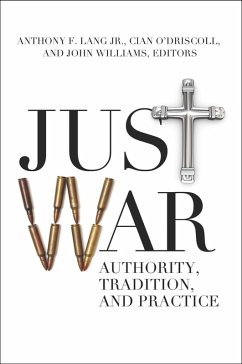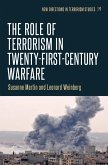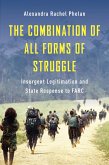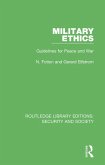The just war tradition is central to the practice of international relations, in questions of war, peace, and the conduct of war in the contemporary world, but surprisingly few scholars have questioned the authority of the tradition as a source of moral guidance for modern statecraft. Just War: Authority, Tradition, and Practice brings together many of the most important contemporary writers on just war to consider questions of authority surrounding the just war tradition.
Authority is critical in two key senses. First, it is central to framing the ethical debate about the justice or injustice of war, raising questions about the universality of just war and the tradition's relationship to religion, law, and democracy. Second, who has the legitimate authority to make just-war claims and declare and prosecute war? Such authority has traditionally been located in the sovereign state, but non-state and supra-state claims to legitimate authority have become increasingly important over the last twenty years as the just war tradition has been used to think about multilateral military operations, terrorism, guerrilla warfare, and sub-state violence. The chapters in this collection, organized around these two dimensions, offer a compelling reassessment of the authority issue's centrality in how we can, do, and ought to think about war in contemporary global politics.
Authority is critical in two key senses. First, it is central to framing the ethical debate about the justice or injustice of war, raising questions about the universality of just war and the tradition's relationship to religion, law, and democracy. Second, who has the legitimate authority to make just-war claims and declare and prosecute war? Such authority has traditionally been located in the sovereign state, but non-state and supra-state claims to legitimate authority have become increasingly important over the last twenty years as the just war tradition has been used to think about multilateral military operations, terrorism, guerrilla warfare, and sub-state violence. The chapters in this collection, organized around these two dimensions, offer a compelling reassessment of the authority issue's centrality in how we can, do, and ought to think about war in contemporary global politics.
Dieser Download kann aus rechtlichen Gründen nur mit Rechnungsadresse in A, D ausgeliefert werden.









